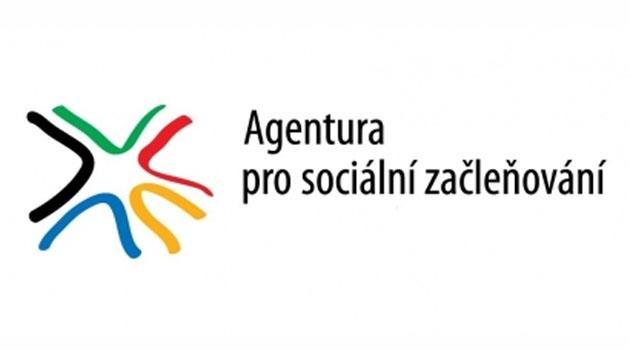Martin Šimáček: Czech Govt Agency for Social Inclusion has not and will not meet with ultra-right party

In response to the press release from the Konexe civic association of 30 March 2013 (http://www.romea.cz/en/news/czech/czech-ngo-town-of-krupka-discussing-romani-integration-with-ultra-right-party-not-with-romani-residents) I would like to state that the Czech Government Agency for Social Inclusion has never met with representatives of the Workers’ Social Justice Party (Dělnická strana sociální spravedlnost), is not meeting with them, and will not meet with them in future. The main reasons are the following:
- The party’s intolerant program aimed against minorities;
- The public statements by leading representatives of the party against minorities, especially against Romani people;
- The aggressive marches and rallies organized by the party in locations predominantly inhabited by Romani people;
- The party’s intentional threats against Romani people;
- The collaboration between the DSSS and other extreme nationalist entities;
- The fact that the DSSS is the successor to the Workers’ Party (Dělnická strana – DS), which was dissolved by court order.
At local level it is unacceptable for representatives of the DSSS to attend the preparations of a strategic plan for social inclusion or to work as part of a Local Partnership or one of its working groups. It is unacceptable for the Agency to collaborate with a municipality where DSSS representatives are part of the governing coalition (the town leadership). In such cases, we have to propose to the Agency’s Oversight Committee, which decides where the Agency will work, that we cease our collaboration with the municipality.
When representatives of the DSSS are elected to a municipal council, it naturally complicates collaboration with that municipality. Nevertheless, I consider it correct to continue collaborating with such a municipality, provided the principle of no direct negotiations with DSSS representatives is upheld, in order to ameliorate the negative impacts of the involvement of the DSSS in the council, or rather, the negative impacts of whatever reasons led some citizens to elect the DSSS to the council.
We have communicated our position on this issue to the leadership of the town of Krupka, and they respect it. As for the working meeting of the Krupka council on the Strategic Plan for Local Partnership that has been prepared, all town councilors were invited to it, including the former DSSS members. Should DSSS representatives insist on changes to that plan, the Agency will not accept them.
I was not informed of the fact that some citizens of Krupka wanted to participate in the working meeting of the council and were not allowed to until the day after the meeting. I am very sorry that they did not turn to me for assistance, especially if they were in the hallway, so I could request that they be let into the meeting.
I thoroughly reject the allegations that the Agency does not negotiate with Romani or other citizens of the municipalities in which it works or involve them in the design of strategic plans and other measures. In Krupka, the Agency’s local consultant is organizing meetings during which citizens can get involved in the design of these plans. Our local consultant repeatedly invited a member of the Konexe association, representing the residents of excluded localities in Krupka, to meetings of the Local Partnership, but he has only attended sporadically.
In many places, the Agency is often the only entity in contact with citizens and involving them in these collaborations. I consider one of the Agency’s most important tasks to be connecting all citizens (naturally with a particular emphasis on Romani people) to the public administration so they can deliberate about and implement actions and activities supporting social inclusion. The Agency also makes sure that municipalities, as our main partner in organizing social policies and social inclusion policies, involve the staffs of municipal authorities and elected representatives in the activity of a Local Partnership and that the strategic plan be discussed in as standard a way as possible by the municipal bodies, as well as being taken up with the public.